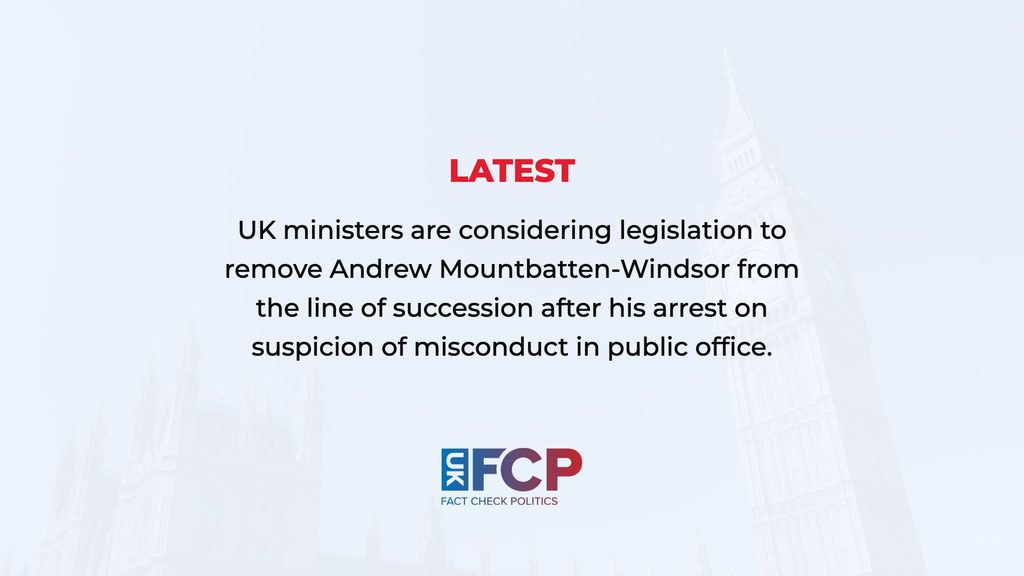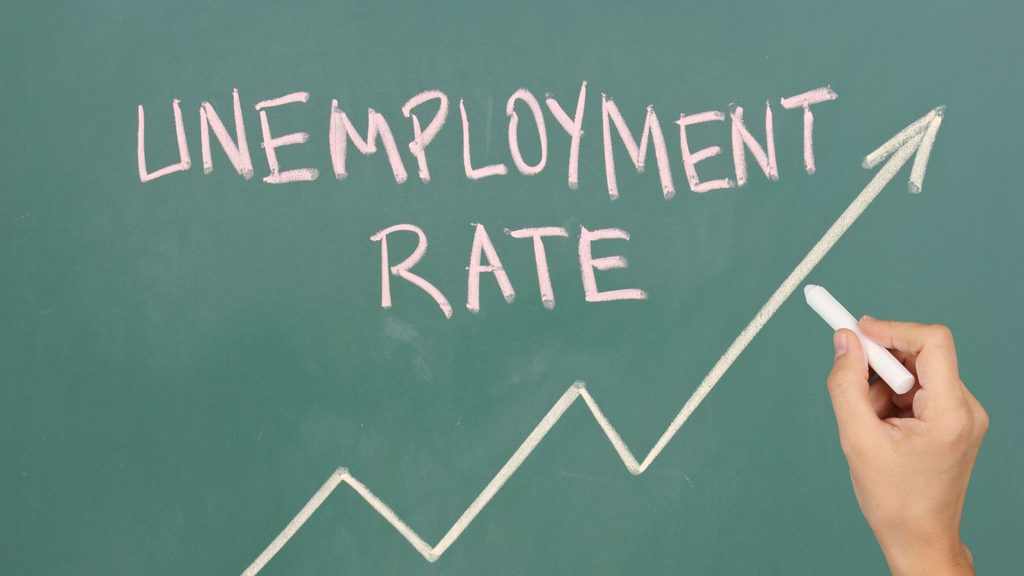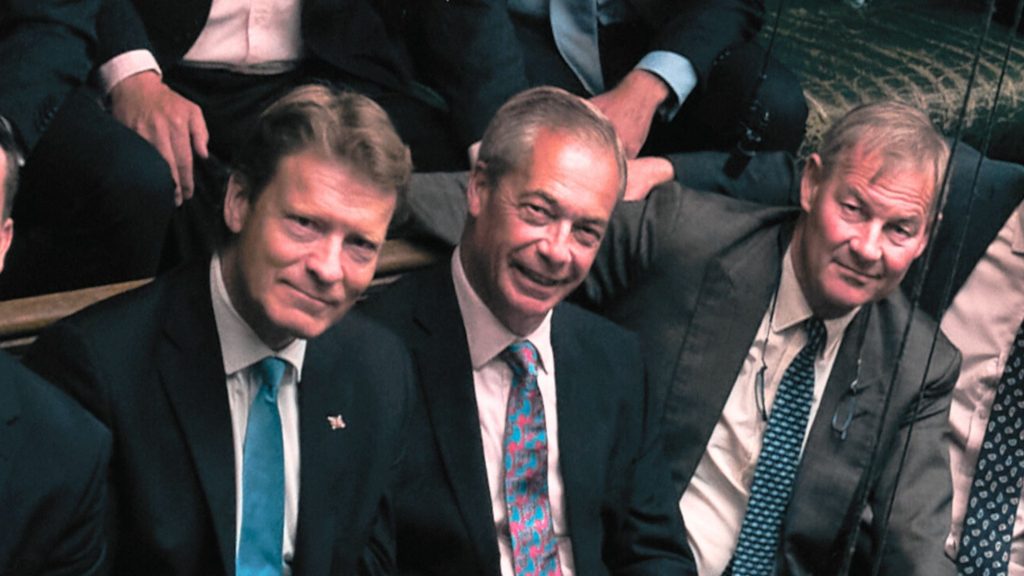Chancellor Rachel Reeves has signalled that further welfare changes, including measures that could reduce benefit spending, will be part of this week’s Budget, reopening one of the most contentious fronts of her economic strategy just months after a major rebellion by Labour backbenchers forced her to abandon billions of pounds of planned cuts.
In an article for the Sunday Times, Reeves argued that rising public debt is not a progressive goal and warned that controlling day‑to‑day spending will require welfare reform, alongside moves to ease the cost of living such as a planned freeze in regulated rail fares. The intervention comes three days before she delivers her 26 November Budget and is being read at Westminster as a deliberate attempt to reassure markets that she remains committed to tight fiscal rules.
But the decision to talk up welfare changes again has immediately raised questions about her political authority. Only in July, a revolt involving dozens of Labour MPs forced Reeves and Prime Minister Keir Starmer into a last‑minute climbdown over planned changes to disability benefits, blowing an estimated £5bn hole in the Treasury’s medium‑term plans and fuelling concern in financial markets about the government’s grip on public finances.
Since then, the government has been buffeted by a series of unrelated controversies – including the mistaken release of foreign prisoners, a row over Angela Rayner’s stamp duty affairs and renewed scrutiny of Labour grandee Peter Mandelson’s links to Jeffrey Epstein – while ministers were also forced into an awkward retreat from briefed plans to raise income tax. Analysts say the combination has left both Starmer and Reeves entering Budget week weakened compared with the start of the summer.
Reeves used her article to repeat her view that there is “nothing left‑wing” about allowing debt to keep climbing and to emphasise that work, rather than higher welfare spending, is the best route out of poverty. She did not spell out measures but made clear that restraining the benefits bill would be part of how she seeks to stay within her self‑imposed fiscal rules, which require underlying debt to be falling as a share of the economy in five years’ time.
The renewed focus on welfare came as ministers gave their strongest indication yet that the controversial two‑child limit on child‑related benefits is likely to be scrapped or softened in the Budget, potentially as part of a wider package of reforms that tightens conditions for some other claimants.
Appearing on Sky News’s Sunday politics programme, Transport Secretary Heidi Alexander declined to confirm the fate of the cap, which restricts payments such as Universal Credit’s child element to a claimant’s first two children. However, she stressed that tackling child poverty was “in the DNA” of the Labour Party and pointed out that most children growing up in poverty now live in working households, comments seen by many MPs as a clear signal that change is coming.
Charities and anti‑poverty groups have long argued that lifting the limit is the single most effective step any government could take to cut child poverty quickly. Scrapping it in full is estimated to cost between £3bn and £4bn a year, money Reeves does not currently have within her tight Budget envelope. Any move to do so is therefore widely expected to be paired with savings elsewhere in the welfare system or tax increases in other areas.
According to government figures, around 6.5 million people rely on working‑age benefits, and spending on health‑related support for people with disabilities or long‑term sickness is projected to reach around £100bn a year by the end of the decade. Both Conservative and Labour chancellors have warned that this trajectory is unsustainable without faster economic growth or changes to benefit rules.
Pat MacFadden, brought in as Work and Pensions Secretary in the autumn reshuffle, has been tasked with designing a new welfare package that can both encourage more people into work and avoid a repeat of the summer’s political fallout. Officials say the focus is likely to be on tightening work‑related conditions for some claimants and expanding employment support, rather than revisiting the most controversial disability proposals that were dropped in July.
That earlier package – set out alongside Reeves’s spring statement in March – aimed to save around £5bn a year by the end of the decade through stricter eligibility for Personal Independence Payment (PIP) and changes to elements of Universal Credit linked to sickness and disability. At the time, the Treasury argued that PIP spending alone was on course to almost double to about £41bn by 2030, contributing to what it called an unsustainable surge in incapacity‑related costs.
However, the plans triggered a furious backlash from disability charities and within Labour’s own ranks. At one stage more than 120 Labour MPs backed an amendment opposing the Universal Credit and PIP Bill. On 1 July, shortly before the Bill’s second reading, Starmer and Reeves abandoned the central proposal to tighten PIP rules for new claimants after being warned they faced the largest rebellion of any first‑term government since the late 1990s.
Even in its watered‑down form, with most of the disability savings stripped out and some Universal Credit changes softened, 49 Labour MPs defied the whip to vote against the legislation. Independent analysts later calculated that, once the climbdown and a separate reversal of plans to remove the winter fuel allowance from most pensioners – at a cost of about £1.25bn a year – were taken into account, the Budgetary “headroom” Reeves had built up in March had been largely exhausted.
Since then, the options for finding new welfare savings have narrowed further. A review of disability benefits ordered in the wake of the row is now thought unlikely to recommend significant cuts, according to officials briefed on its direction of travel, limiting the scope for politically easier reductions in spending.
At the same time, the economic backdrop has become more challenging. Forecasters expect the Office for Budget Responsibility to trim its growth outlook, which would automatically make Reeves’s debt rule harder to meet. Her team had examined the possibility of raising income tax rates earlier in the autumn to plug the gap but backed away after leaks of the idea sparked unease among Labour MPs and a jittery response in bond markets.
As a result, this week’s Budget is widely expected to rely on what one City analyst described as a “patchwork” of smaller tax measures, such as extending existing levies, alongside tight spending plans for most departments. Calling for clarity on Sunday, Conservative shadow chancellor Mel Stride said Reeves now had to explain “how she is going to keep welfare costs under control if she is serious about ruling out further tax rises”, and questioned whether she could get any meaningful tightening through a restive Parliamentary Labour Party.
Conservative leader Kemi Badenoch has accused Labour of “capitulating” on welfare reform in the summer and warned that any new package that does not deliver substantial savings would be “pointless”, arguing that taxpayers should not be asked to fund what she calls a “bloated” benefits system.
On the Labour benches, many of those who led the rebellion in July are watching the latest signals nervously. MPs on the party’s left are expected to welcome any move to end or dilute the two‑child cap but have already indicated they would resist fresh cuts to disability payments or sanctions‑style measures that, they argue, could push vulnerable people into hardship.
The political stakes for Reeves and Starmer are high. The July row over welfare, followed by the messy retreat from mooted income tax rises, has fed a narrative among opponents that the government is prone to advancing tough policies only to pull back under pressure. Polling reported by the Financial Times shows Reeves facing unusually high levels of public dissatisfaction for a relatively new chancellor, with some voters seeing her as technocratic but politically brittle.
Inside government, allies insist the new welfare push is not about reviving “austerity‑style” cuts but about redesigning support to help more people into “good, secure work” and making space for targeted anti‑poverty measures like lifting the two‑child cap. One senior Labour figure said ministers were determined to show that “reform, not just more spending” would be the defining theme of the Budget.
With just days to go, however, the precise shape of that reform – and whether Reeves can hold her party together while convincing markets she is serious about discipline – remains unclear. The answers will come on Wednesday, when she sets out her tax and spending plans to MPs in the Commons, under intense scrutiny from both rebellious Labour backbenchers and an opposition eager to paint Labour as divided and economically unsure of itself.







Comments
No comments yet. Be the first to comment!